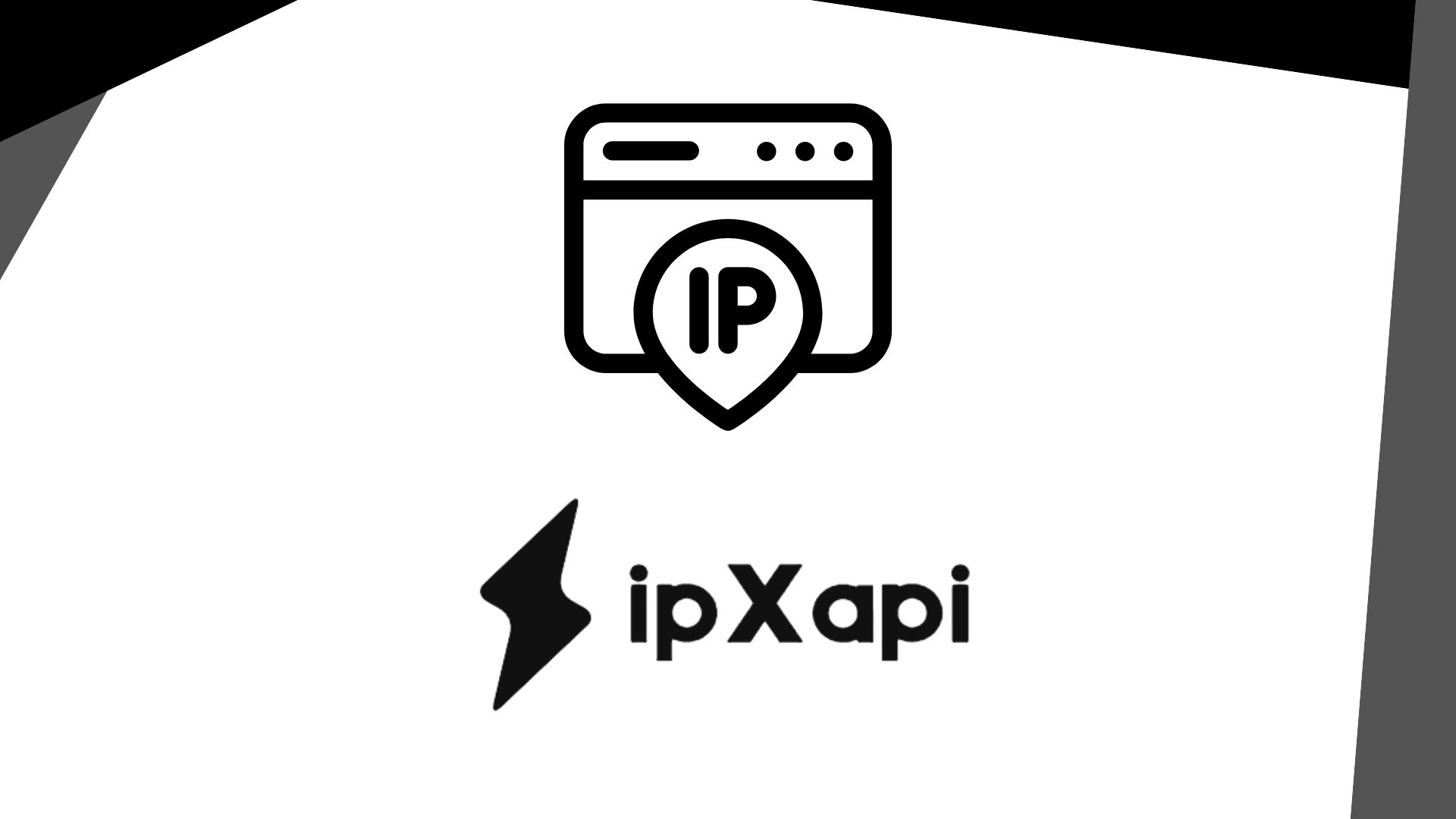Track IP Address API: How Does It Work

It is critical for developers and organizations alike to comprehend the nuances of a Track IP Address API in today's interconnected digital ecosystem. These APIs are essential to many applications, from improving user experiences to supporting cybersecurity protocols. This thorough manual explores the features, importance, and useful applications of these APIs as it digs into their foundations.
What is an IP Address?
Devices linked to a network are given a unique identifier known as an IP address. In the same way that a postal address guides mail to its intended location, it permits data packets to be routed across the internet. There are two main types of IP addresses: IPv4 and IPv6, each with unique features and restrictions.
Developers can access enormous reservoirs of IP-related data with the help of IP Address APIs. They make it easier to retrieve geolocation data, ISP specifics, and security insights linked to certain IP addresses. For companies looking to improve network security or use location data for targeted marketing initiatives, these APIs are a priceless resource.
Data Sources For a Track IP Address API
To obtain pertinent data, a Track IP Address API uses both public and private databases. The basic information about IP address allocation is available in public databases, such as those kept up to date by regional internet registries. Private databases, on the other hand, provide more comprehensive data, such as ISP affiliations and geographical information. They are provided with accurate geographic IP address information by geolocation data suppliers. These providers use a variety of methods, including network infrastructure-based triangulation of Wi-Fi signals and IP address mapping to actual locations.
Although APIs aim for precision, there are some restrictions. A sophisticated interpretation of the results is required due to the fact that factors like changing IP assignments, proxy servers, and VPN usage might alter the precision of geolocation data. IP Address APIs allow users to determine which ISP is connected to a specific IP address. For network diagnostics, troubleshooting, and cybersecurity investigations, this information is vital. Organizations can learn more about network ownership and infrastructure by looking into ISP details. This information helps to improve service delivery, spot any bottlenecks, and optimize network performance.
ipXapi API
When creating the ipXapi API, scalability and user-friendliness were the two primary considerations. We promise that setting everything up won't take more than ten minutes. Utilize the modules from that nation to alter the user interface in accordance with IP. On the website, indicate the nation of origin of each visitor. Given that the API gathers real-time IP data from many sources, it is probably updated daily, if not more frequently.
With the abundance of location-specific data that ipXapi provides, you may enhance ad targeting, add geo-restrictions to your website, or provide your consumers location-specific experiences. By providing your consumers with a personalized buying experience, you may provide them with exact information about the primary currency used in the location where the processed IP address was quickly returned.
You can utilize the time-related metadata provided by the API to determine your users' current time zone and modify your behavior without asking them to fill out any forms. By understanding proxies, crawlers, and Tor users, you can reduce the danger and increase the security of your website. Because their database and API are integrated with multiple major ISPs that routinely submit information about new and current IP ranges, they are able to deliver very high accuracy in their IP data.

